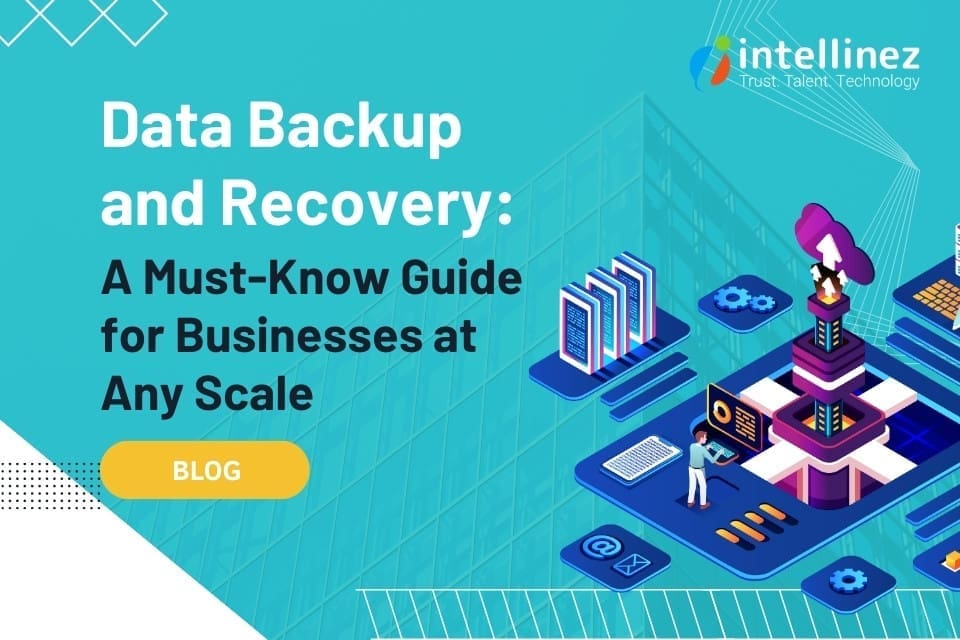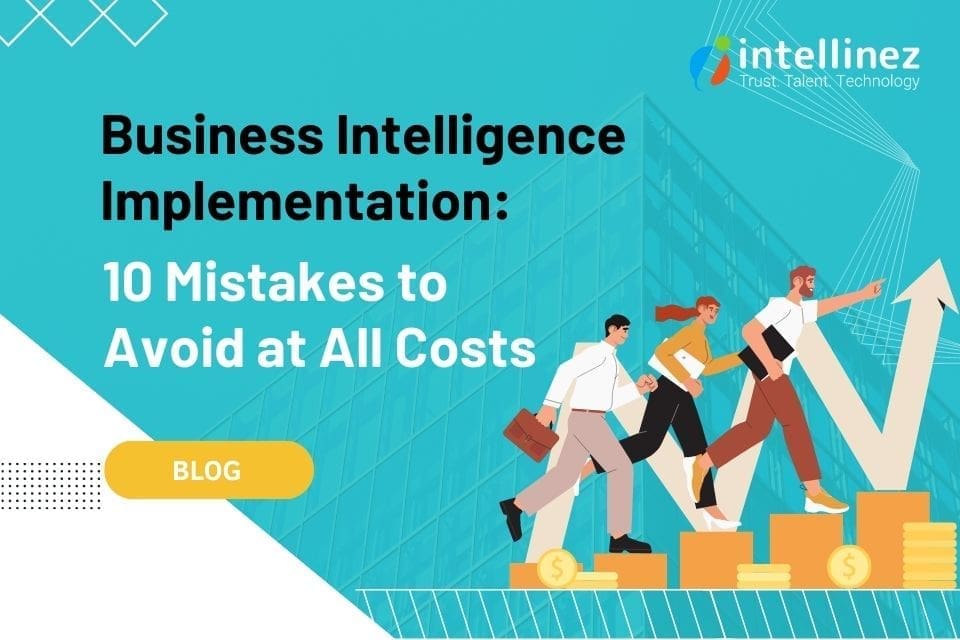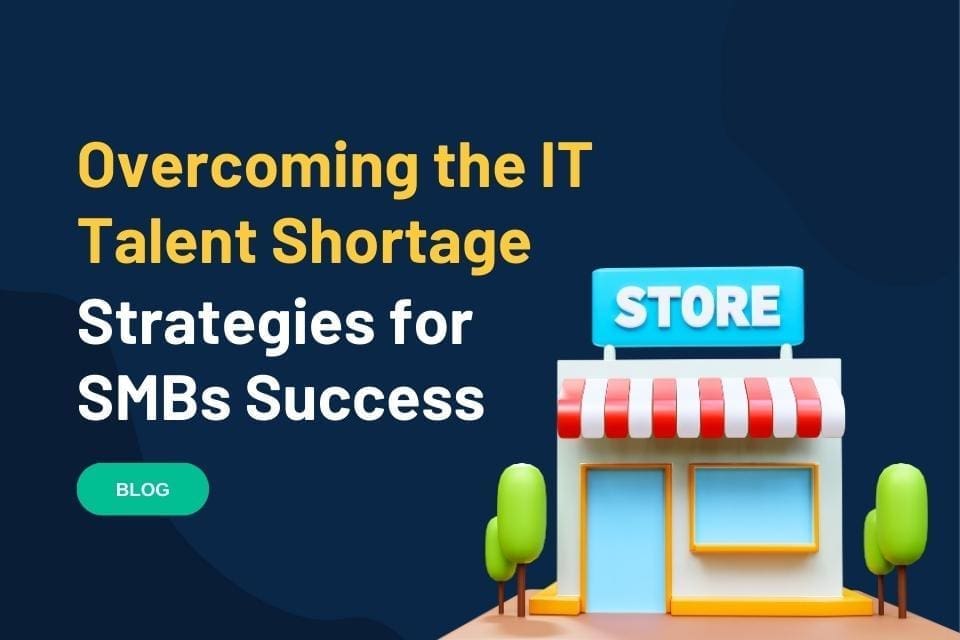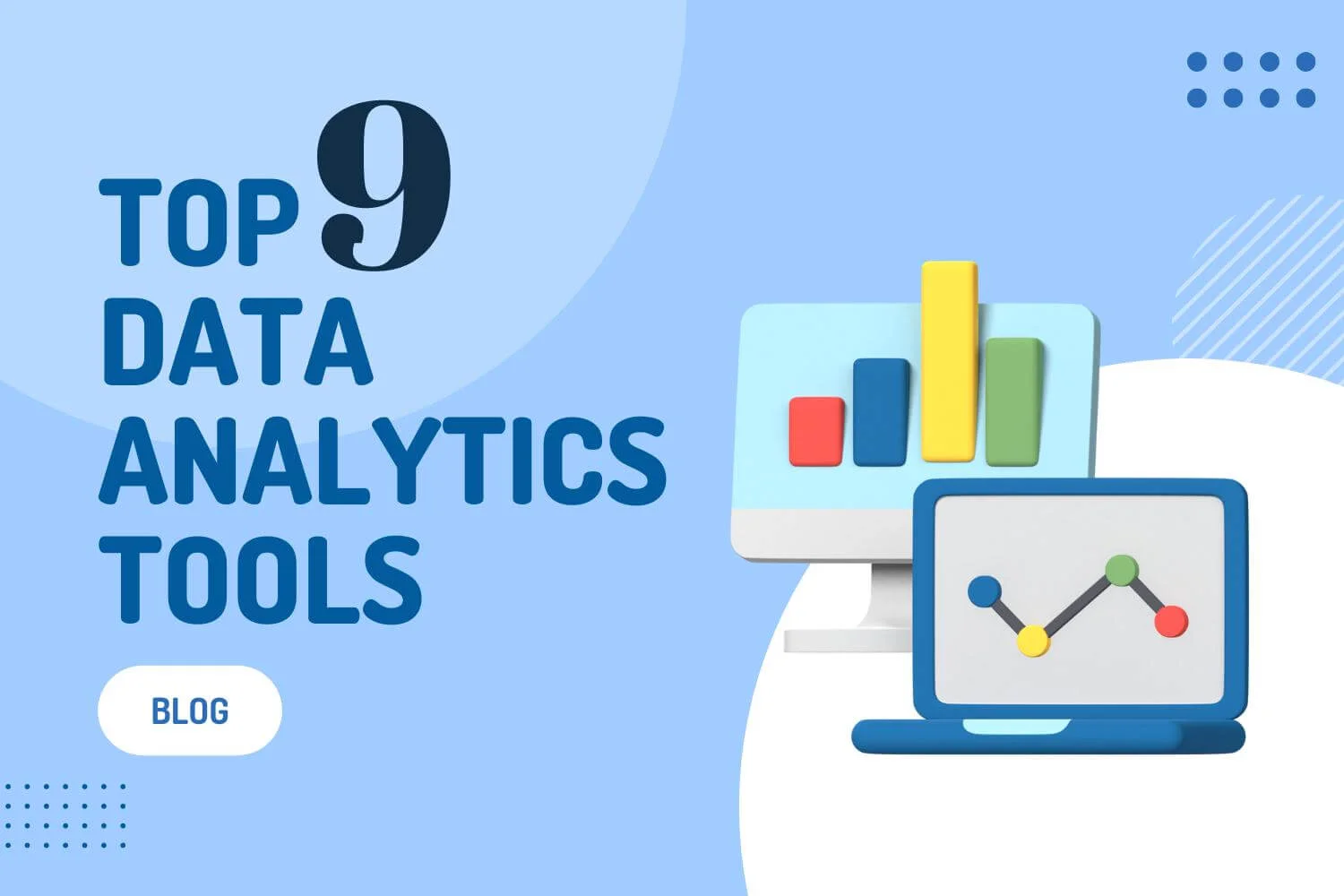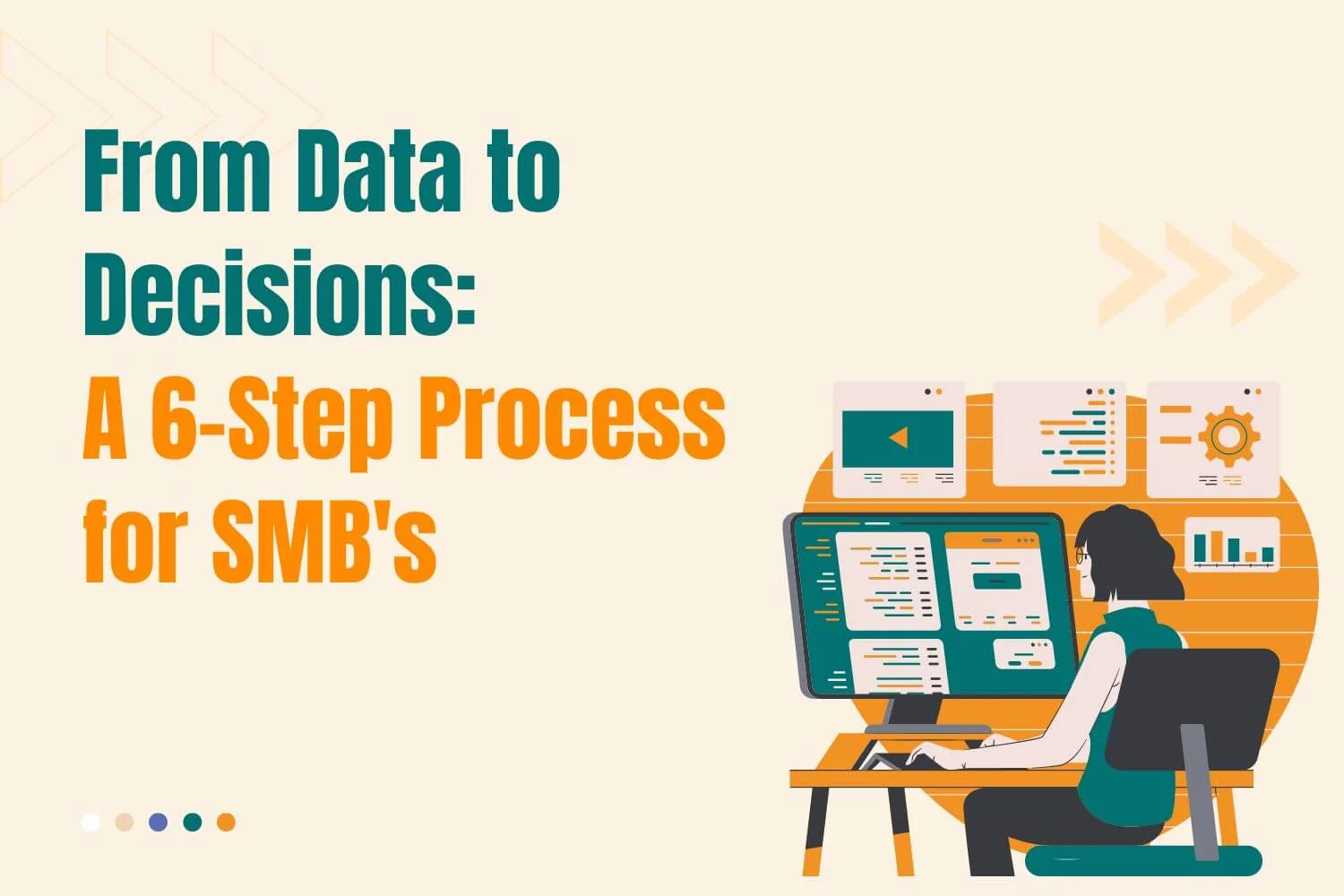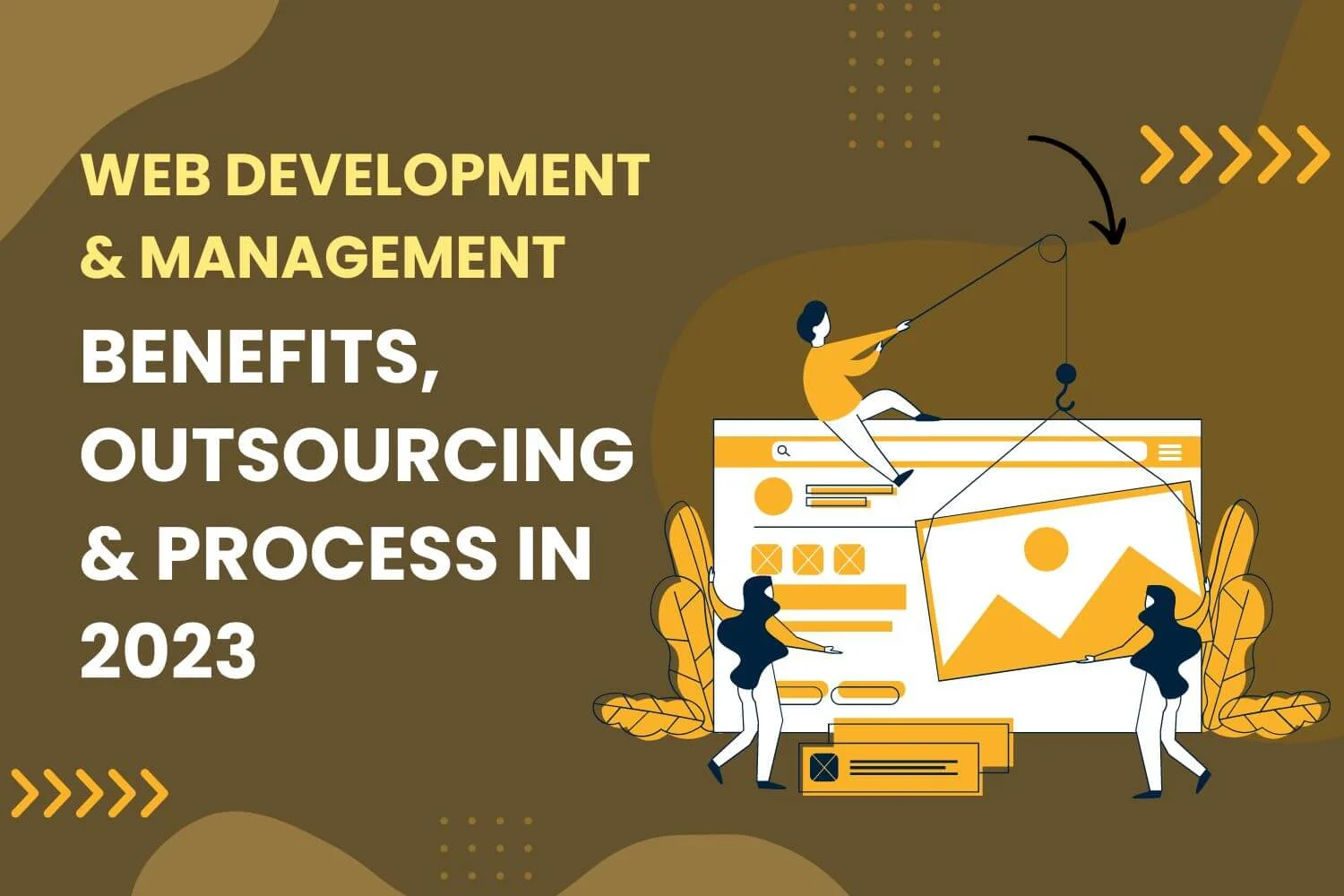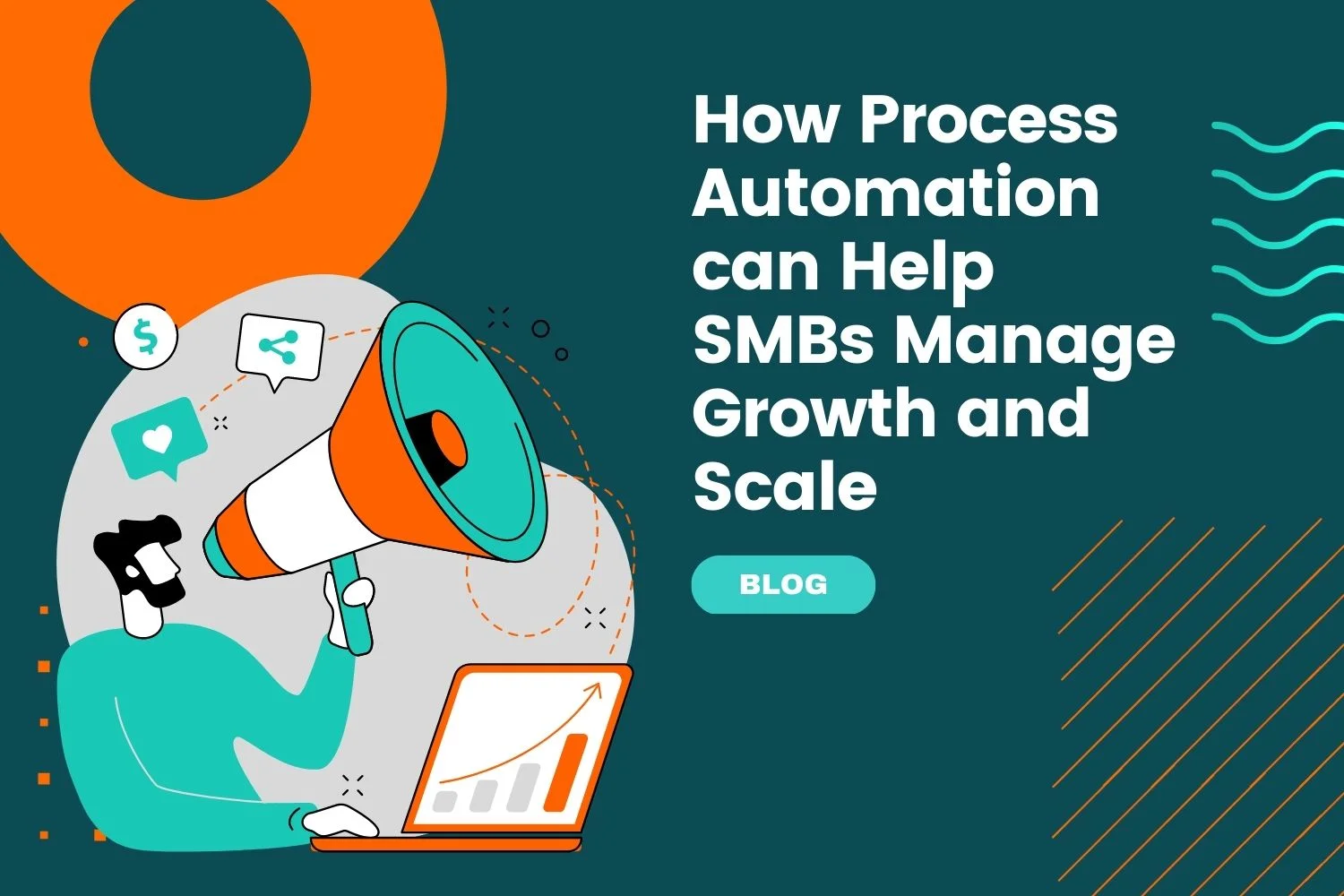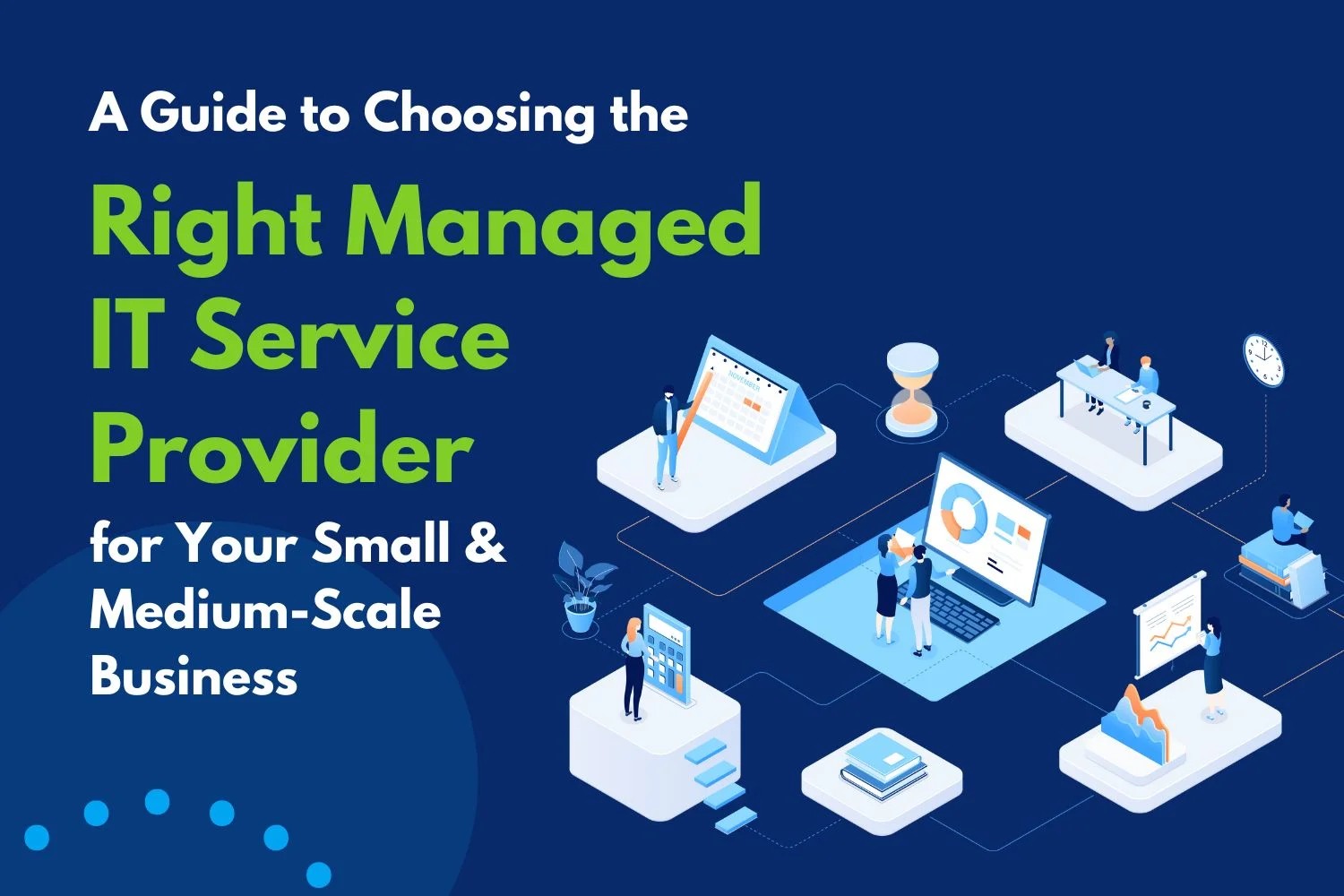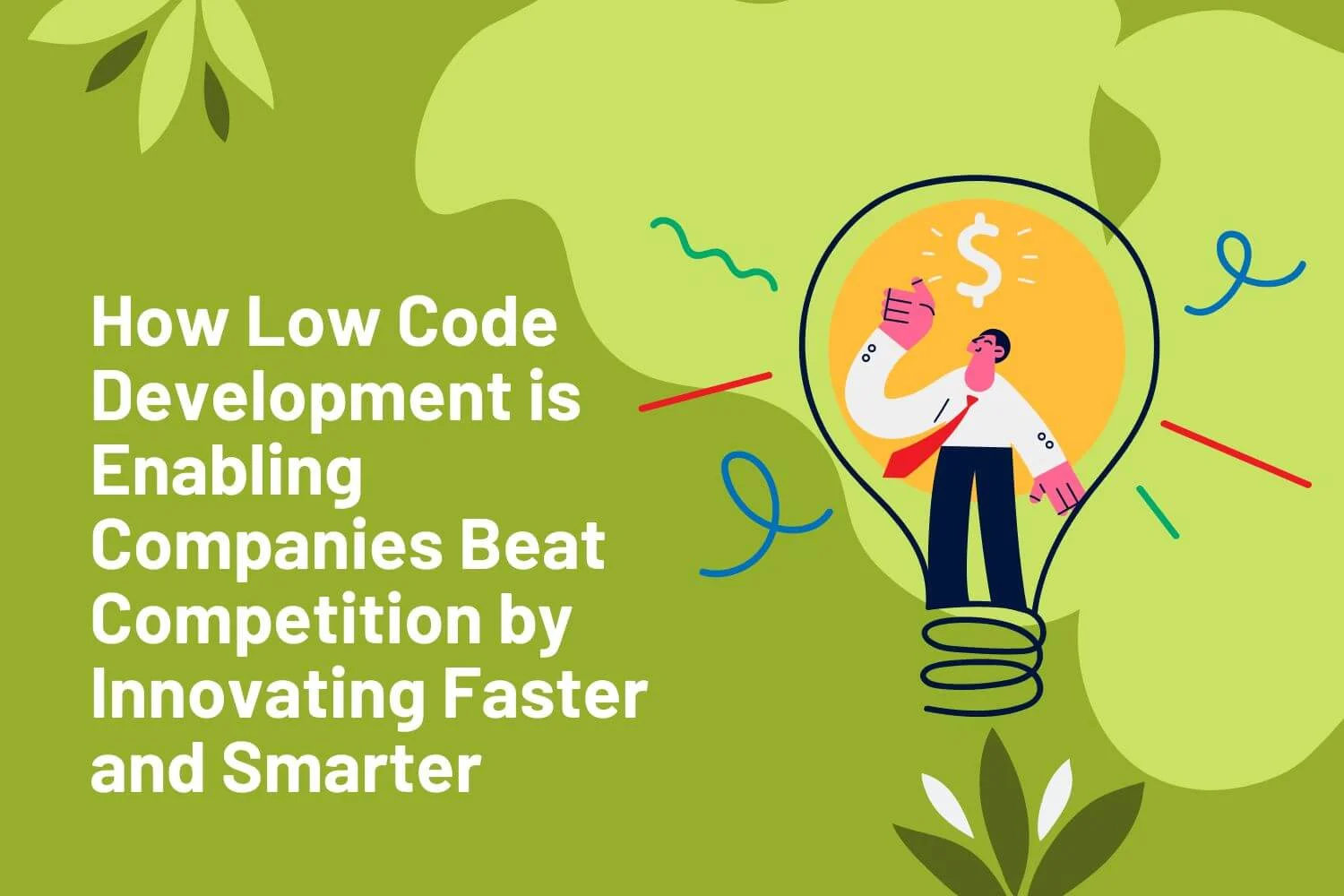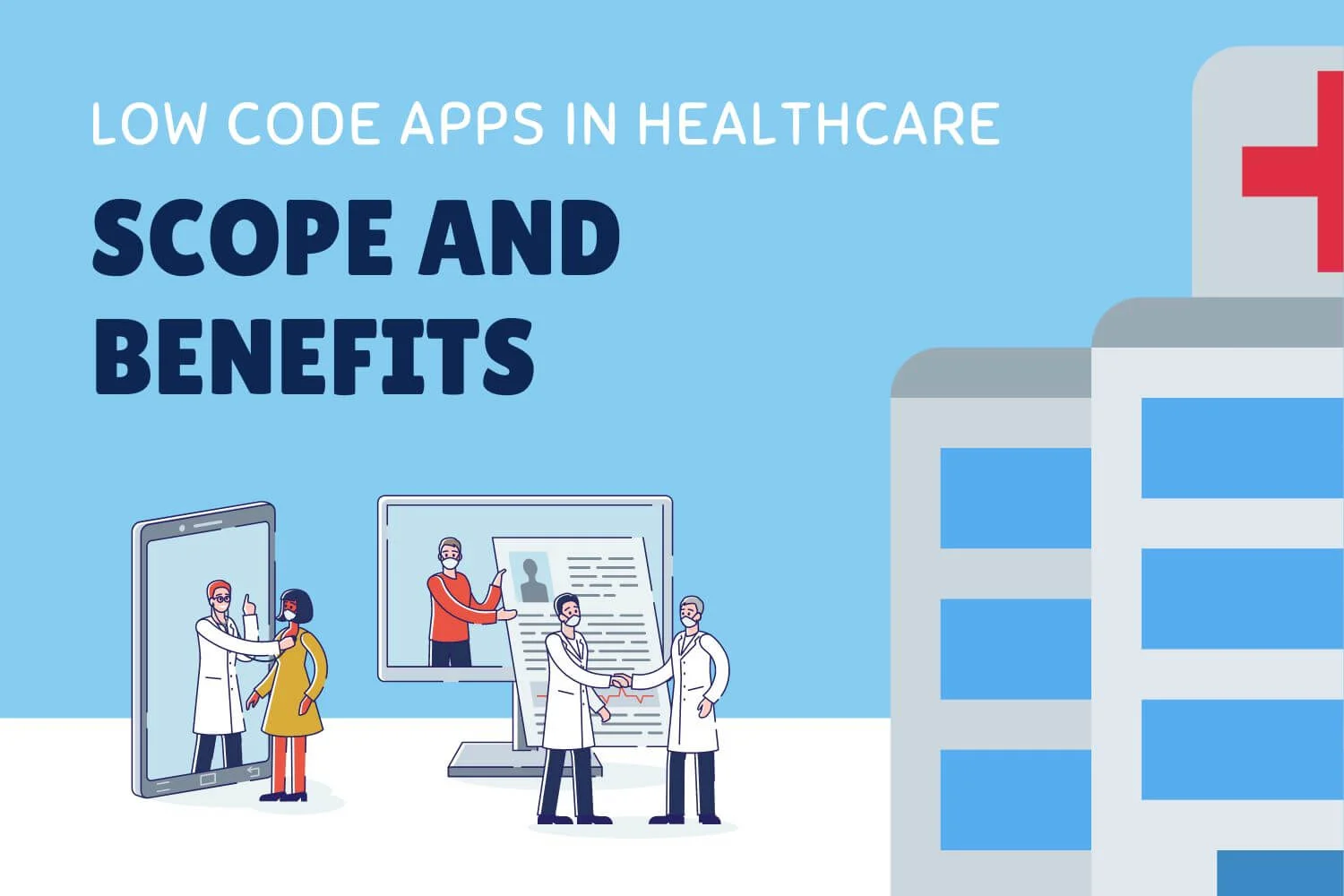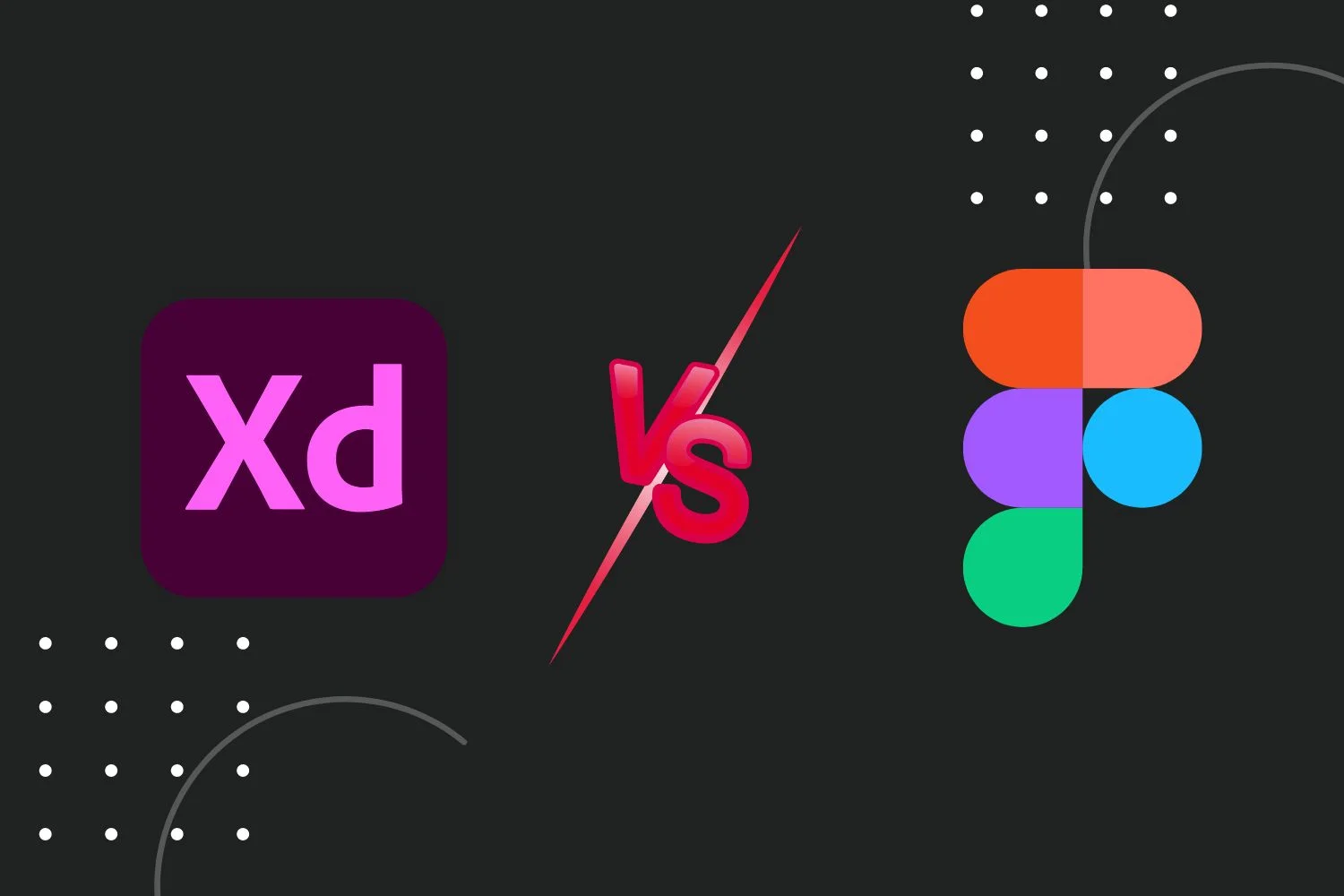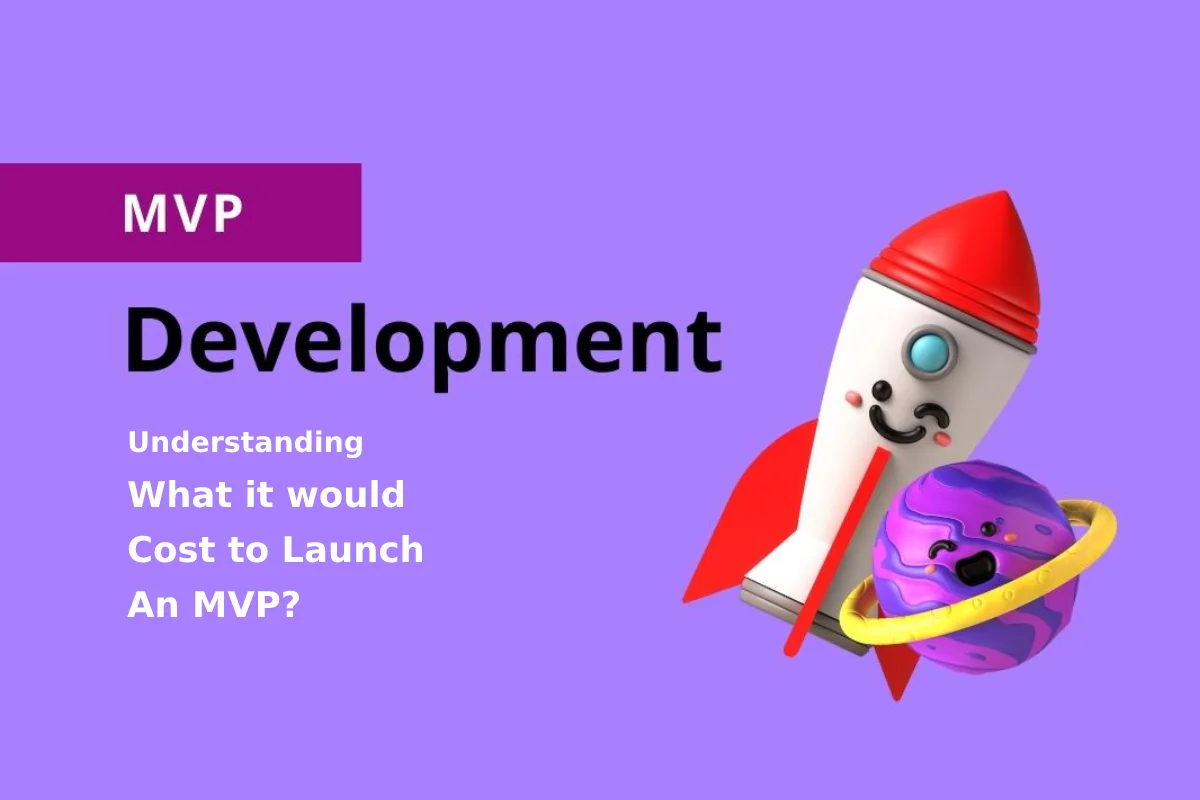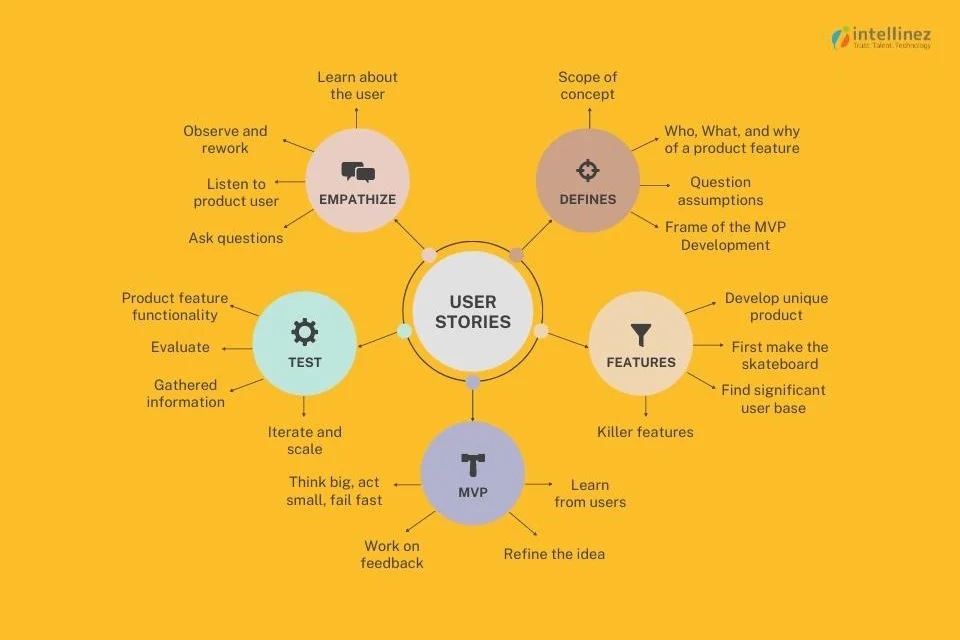Table of Contents
Balancing the strategic vision of a product with the operational precision required for execution is one of the biggest challenges modern businesses face. Without clear guidance, teams can find themselves stuck – either losing sight of customer needs or struggling to meet deadlines and budgets. This delicate balance between “what needs to be done” and “how it gets done” is where project management and product management play crucial roles.
Product management and project management are among the most confused terms in the business world. While they share some overlapping responsibilities, their core objectives and approaches differ significantly. Here, we are going to make the distinction clear for you, providing the clarity you need to leverage each role effectively.
In this article, we’ll demystify the distinctions between these two essential disciplines. By exploring their unique contributions and overlapping skills, we’ll show you how they work together to drive business success. Additionally, we’ll highlight how expert management services can bridge gaps, streamline workflows, and ensure your initiatives are both strategically sound and flawlessly executed.
Through this lens, we’ll provide a comprehensive look at project management vs product management discussion, helping you understand not only their differences but also how your business can benefit from leveraging both roles effectively. Whether you’re launching a new product, managing a complex project, or looking to optimize your operations, this guide has you covered.
Section 1: Understanding Project Management for Business Goals
In today’s fast-paced business landscape, effective project management is essential for achieving goals on time and within budget. Project management provides a structured approach that keeps tasks organized, minimizes risks, and ensures optimal resource use. For businesses striving to stay competitive, a reliable project management system is the key to successful project execution. Here, we explore what project management entails, the skills it requires, and how our professional services can help your business accomplish complex projects seamlessly.

1.1 What is Project Management?
Project management is the strategic backbone that keeps every task aligned, every deadline met, and every budget balanced. At its core, project management provides the structure and oversight necessary to move initiatives from concept to completion while meeting both quality standards and time constraints. For businesses, this structured approach ensures that each phase of a project aligns with larger business goals, keeping the team on track, preventing resource waste, and minimizing costly delays.
1.2 Key Responsibilities and Skills
A skilled project manager is critical in keeping tasks organized, meeting deadlines, and staying within budget. Here are the essential skills and responsibilities a project manager brings to the table:
- Budget Allocation and Management – Every project has financial constraints. Project managers excel at allocating resources effectively, ensuring that every buck is spent wisely to meet goals without compromising on quality.
- Risk Mitigation – Challenges are inevitable, but with effective project management, they don’t have to derail your progress. By identifying potential risks early and developing mitigation strategies, project management teams ensure that projects remain on track, even when unexpected issues arise.
- Timeline Creation – A well-structured timeline is the foundation of any successful project. Project managers create clear, step-by-step plans that align with your objectives, setting realistic milestones to keep everyone focused on pace.
Partnering with experienced project managers/project management teams makes a real difference in efficiency and quality. By trusting professionals to handle the details, your business can enjoy the peace of mind that comes from knowing each project is managed with precision and expertise, leading to consistent, high-quality outcomes.
1.3 Common Project Management Scenarios
In practice, project management is essential for executing a range of business initiatives. Here are a few scenarios where a dedicated project management approach is invaluable:
- Developing a New Product – Bringing a new product to market involves many moving parts, from design and production to quality testing and launch planning. Project management coordinates these stages seamlessly, ensuring everything is in place for a successful rollout.
- Launching a Marketing Campaign – When launching a marketing campaign, there are multiple tasks that need coordination – from content creation and advertising scheduling to budget tracking and deadline management. A project manager ensures that each piece is carefully timed and aligned with the campaign’s overall objectives, helping to drive optimal impact.
- Organizing an Event or Product Launch – Event planning requires meticulous attention to detail. Project managers oversee vendor coordination, schedule adherence, and budget management, allowing businesses to focus on the event’s purpose while we handle the logistics.
Strong project management is a cornerstone of business success, offering structure, accountability, and efficiency to every project. Whether you’re launching a new product, planning a major event, or executing a targeted marketing campaign, skilled project management keeps your initiatives on track from start to finish. With our project management services, you can rely on experienced professionals to handle every detail, helping your business achieve its objectives with clarity and confidence.
Section 2: Understanding Product Management for Long-Term Growth
In a rapidly evolving market, businesses need more than great ideas – they need products that align perfectly with customers’ needs and stand out from the competition. This is where product management plays a pivotal role. By driving product strategy, understanding market dynamics, and prioritizing customer-centric solutions, product management ensures long-term business growth. In this section, we’ll explore what product management entails, the skills it demands, and how you can create products that thrive in today’s cut-throat IT product landscape.

2.1 What is Product Management?
Product management is a strategic role at the intersection of business, technology, and customer experience. At its core, it is about defining a product’s vision, crafting a roadmap, and ensuring that every development aligns with market demands and customer expectations. By focusing on the “what” and “why” of a product, product management drives innovation and ensures that businesses deliver products that resonate with their audience.
Intellinez Systems specialize in bridging the gap between customer needs and business goals. Our product management services provide the expertise required to create a product strategy that aligns with your vision while maintaining market relevance. From identifying customer pain points to guiding product development, we ensure your products consistently meet and exceed expectations.
2.2 Key Responsibilities and Skills
A product manager wears many hats, juggling responsibilities that ensure a product’s success from conception to market launch and beyond. Some key skills and responsibilities include:
- Market Research: Analyzing trends, competitors, and customer feedback to refine product offerings and ensure relevance in a competitive market.
- Strategic Planning: Crafting a clear product vision and roadmap, ensuring every decision aligns with long-term business objectives.
- Ensure User-Centered Design: Collaborating with design and development teams to create intuitive, user-friendly experiences that solve real customer pain points.
Great products don’t just appear out of thin air – they are built on a strong foundation of thoughtful strategy and deep customer insights. Expert product managers bring years of experience in refining product strategies, ensuring that your business delivers solutions that not only meet customer needs but also outperform your competitors.
2.3 Common Product Management Scenarios
The role of a product manager is critical across various stages of a product’s lifecycle. Here are some common scenarios where product management proves invaluable:
- Improving an Existing Product: Iterating on an established product requires careful analysis of user feedback and performance metrics. Product managers lead this process, ensuring updates enhance the user experience while maintaining business profitability.
- Launching a New Product Feature: When introducing a new feature, product managers ensure it aligns with user demands and business goals. They oversee research, prioritize features, and coordinate with teams to deliver a polished result.
- Pivoting to Address Market Shifts: Markets evolve, and businesses must adapt quickly. Product managers guide businesses through these shifts by refining strategies and identifying new opportunities for growth.
Each scenario highlights how product management is essential for aligning products with ever-changing market needs. Expert product management consultation services help businesses navigate these challenges, ensuring long-term growth and customer satisfaction.
Section 3: Project Management vs Product Management – Why Do You Need Both?
For businesses to thrive, it’s essential to balance the precision of execution with strategic vision. This is where project management and product management shake hands. While project management focuses on meeting deadlines and staying on budget, product management ensures that what’s being created delivers real value to customers. In this section, we’ll explore how these roles differ, their unique contributions, and why leveraging both is crucial for business success.

3.1 Key Differences and Unique Contributions
While both project management and product management are critical for achieving business goals, their focus areas and contributions are distinct yet complementary.
- Project Management: Focuses on the “how” and “when.” It ensures tasks are completed on schedule, within budget, and according to predefined goals. The role revolves around timelines, resource allocation and managing the execution process efficiently.
- Product Management: Concentrates on the “what” and “why.” It’s about creating products that deliver value to customers and align with market demands. Product managers define product strategies, prioritize features, and ensure market relevance.
Our dual approach integrates the precision of project management with the strategic insight of product management. This combination streamlines complex workflows, ensuring that every initiative is not only well-executed but also aligned with customer needs and business objectives. By leveraging both, your business gains a seamless system that drives projects and products to success.
3.2 Goals and Success Metrics
The success of project management and product management is measured by different metrics, highlighting the unique value each role brings to the table:
- Project Management Success Metrics: Efficiency is key. Projects are deemed successful when they meet deadlines, stay within budget, and achieve predefined deliverables without unnecessary delays or resource overuse.
- Product Management Success Metrics: Market fit and customer satisfaction are paramount. Product management is about creating solutions that resonate with users, driving adoption rates, positive feedback, and strong sales performance.
Understanding these distinctions underscores why both roles are indispensable for business success. By combining the operational efficiency of project management with the customer-focused strategies of product management, businesses achieve balanced and measurable outcomes.
3.3 Real-World Example: Coordinated Product Launches
Imagine your business is preparing for a major software product launch. Here’s how both roles are essential:
- The Role of Product Management: The product manager defines the product’s features based on market research and customer feedback. They work closely with development teams to ensure the product solves real customer problems and aligns with the company’s strategic vision.
- The Role of Project Management: Simultaneously, the project manager ensures that the development process stays on track, coordinating timelines, managing resources, and addressing potential risks. They also oversee ancillary tasks, such as coordinating marketing campaigns and handling launch event logistics.
This synergy is where our expertise shines. With our integrated project and product management services, your business can confidently navigate every step of a product launch. From strategy to execution, we ensure that each component aligns perfectly, resulting in a successful, on-time release that meets both business goals and customer expectations.
Section 4: Overlapping Skills and the Value of Combined Expertise
While project management and product management have distinct focuses, their effectiveness often relies on shared skills and seamless collaboration. Both roles bring critical expertise to the table, from leadership and communication to problem-solving, which drives efficiency and ensures alignment across teams. In this section, we’ll explore the overlapping skills that benefit organizations and highlight the value of combining these roles for cohesive, successful outcomes.

4.1 Shared Skills for Organizational Efficiency
Both project management and product management require a blend of skills that drive organizational success. Despite their distinct focuses, they share several competencies critical for efficient operations:
- Communication: Clear and effective communication is vital for coordinating across teams, stakeholders, and clients to ensure alignment and transparency.
- Leadership: Both roles require the ability to inspire and guide teams toward achieving shared goals, whether that’s delivering a project on time, creating a market-ready product, or improving an already existing product.
- Problem-Solving: Challenges are inevitable, but both roles bring analytical skills to identify issues early and implement solutions that keep progress on track.
Integrated management services bring these shared skills together, ensuring seamless collaboration and alignment. By unifying the expertise of project and product managers, Intellinez Systems helps businesses optimize workflows, enhance decision-making, and achieve results that exceed expectations.
4.2 Areas of Role Overlap and Collaboration
Project and product managers often find themselves working side by side, especially in complex initiatives where strategic vision and execution must align. Here’s how their collaboration adds value:
- Ensuring Cohesive Development: Product and project managers work together to align development processes with customer needs and business goals, ensuring that each iteration delivers meaningful progress.
- Managing Complex Projects: While the product manager defines “what needs to be built and why,” the project manager ensures “how it is built efficiently.” This partnership is critical for delivering high-quality results on time.
- Reducing Delays: By collaborating on timelines and priorities, both roles help prevent bottlenecks, adjust to unforeseen changes, and ensure that teams stay on track.
Having a dedicated partner who understands both roles is invaluable. By optimizing the collaboration between project and product management, businesses can eliminate inefficiencies, reduce risks, and achieve a balance between strategic direction and flawless execution.
With our expertise in both disciplines, we bridge the gap between strategy and execution, enabling businesses to operate at peak efficiency. Our team ensures that every initiative benefits from the combined strengths of project and product management, creating a seamless path to success.
Section 5: Choosing the Right Service for Your Business Needs
Every business has unique challenges and goals, and understanding whether to prioritize project management, product management, or both is critical to achieving success. Each role offers specialized benefits, but the right choice depends on your specific needs, from meeting tight deadlines to aligning products with market demands. In this section, we’ll help you identify when to leverage project management services, product management solutions, or a combination of both – and how our tailored offerings can support your business at every stage.

5.1 When to Prioritize Project Management Services?
Project management is essential for businesses that require structured execution to meet critical deadlines and deliverables. Here are some scenarios where prioritizing project management services is crucial:
- Scenario 1 – Strict Deadlines and Budgets: If your business is handling time-sensitive projects, like launching a seasonal campaign or rolling out internal systems upgrades, project management ensures tasks are completed efficiently and within budget.
- Scenario 2 – Cross-Team Coordination: Projects involving multiple departments often require a dedicated manager to align efforts, allocate resources, and mitigate risks.
- Scenario 3 – Streamlined Execution: When the focus is on getting things done – quickly and correctly – project management is your go-to solution.
Our project management services provide the precision and expertise businesses need to turn ambitious plans into successful outcomes. With experienced professionals overseeing your projects, you can achieve timely, cost-effective results while maintaining high-quality standards.
5.2 When to Prioritize Product Management Services?
Product management is vital for businesses looking to innovate, adapt to market trends, or improve customer satisfaction. Here are scenarios where prioritizing product management services makes the most sense:
- Scenario 1 – Launching New Products or Features: If your business is entering a new market or introducing a major product update, product managers ensure the offering aligns with customer needs and stands out in the market.
- Scenario 2 – Adapting to Market Changes: When customer preferences or market conditions shift, product management helps businesses stay competitive by refining product strategies and creating user-focused solutions.
- Scenario 3 – Long-Term Product Evolution: For businesses aiming to build sustainable growth, product management provides the roadmap for continuous improvement and innovation.
Our product management solutions are designed to help businesses create market-aligned products that deliver real value. By understanding your target audience and strategic goals, we help you innovate confidently and achieve long-term growth.
5.3 When to Involve Both Product Management and Project Management?
Certain scenarios require the combined expertise of both project and product management for maximum impact. These include:
- Scenario 1 – Complex Product Launches: Large-scale product rollouts, such as launching a new SaaS platform, require project management to coordinate timelines and resources, alongside product management to ensure market fit and user satisfaction.
- Scenario 2 – Strategic Business Growth: Expanding into new markets or scaling operations often involves both executing precise plans and aligning products with market demands.
- Scenario 3 – Multifaceted Initiatives: Complex endeavors, like introducing an enterprise-wide digital transformation, benefit from a combined approach to balance strategic vision with operational execution.
Our complete management package brings the best of both worlds, integrating project and product management to meet your comprehensive business needs. With this approach, we ensure your initiatives are executed seamlessly and strategically aligned for maximum success.
By choosing the right combination of services, your business can navigate challenges with confidence, whether you’re managing tight deadlines, launching innovative products, or scaling for growth. Let us help you determine the perfect solution to achieve your goals.
Section 6: The Benefits of Professional Project and Product Management Services
In today’s competitive business environment, companies often face the challenge of juggling strategic vision with operational demands. Professional project and product management services offer a solution by streamlining workflows, reducing risks, and ensuring alignment with strategic objectives. This section explores the transformative benefits of outsourcing these roles, including time savings, risk mitigation, and a significant ROI.

6.1 Time Savings and Efficiency
Time is one of the most valuable resources in business, and professional management services help you use it wisely. Here’s how:
- Focus on Core Competencies: By outsourcing project and product management, your teams can concentrate on what they do best – whether that’s innovation, customer engagement, or scaling operations.
- Reduced Delays: With dedicated managers overseeing timelines and priorities, your business minimizes bottlenecks and keeps everything on schedule.
- Streamlined Processes: Expert managers implement proven frameworks and methodologies to ensure projects and product strategies progress smoothly and efficiently.
Our management services take the share of planning and coordination off your plate, enabling your business to operate more efficiently and focus on driving growth and innovation.
6.2 Risk Reduction and Improved Market Outcomes
Every project and product come with inherent risks, but professional managers are equipped to anticipate and mitigate these challenges.
- Higher Success Rates: Combining risk-aware execution with customer-centric product strategies increases the likelihood of both project and product success.
- Market Alignment: Product managers ensure that what you’re building directly addresses customer needs and market trends, reducing the risk of product failure.
- Risk Identification and Mitigation: Experienced project managers identify potential roadblocks early and implement contingency plans to keep your initiatives on track.
By leveraging our expertise, your business benefits from reduced risks and improved outcomes, ensuring your projects are delivered successfully, and your products resonate with customers.
6.3 ROI on Dedicated Management Expertise
Investing in professional management services isn’t just an operational choice – it’s a strategic one that delivers measurable returns.
- Optimized Resource Allocation: Professional managers ensure every resource – time, budget, and talent – is used effectively, maximizing the value of your investments.
- Quantifiable Impact: Studies consistently show that businesses with specialized management see higher ROI on projects and products, as they achieve faster turnaround times and stronger market positioning.
- Scalable Growth: With streamlined operations and market-driven products, your business is better positioned for sustainable growth and higher profitability.
Our dedicated management services align with your strategic goals, helping you achieve a significant ROI through efficient execution, improved market fit, and sustained business growth.
Professional project and product management services are not just about managing tasks – they are about driving success. By saving time, reducing risks, and maximizing ROI, these services empower your business to thrive in a competitive marketplace. Partner with us to elevate your operations, deliver impactful results, and achieve your strategic goals with confidence.
Conclusion
Balancing the intricacies of project execution with the strategic vision of product development is no small feat, but it’s a challenge that businesses must master to thrive. Project management excels at ensuring tasks are completed efficiently, within budget, and on time. Meanwhile, product management focuses on aligning product strategies with market demands, delivering solutions that customers truly value. Together, these roles form a powerful duo that drives operational efficiency and long-term growth.
However, managing both effectively requires expertise, coordination, and a clear understanding of business goals. That’s where professional support becomes essential. By partnering with experts who specialize in both disciplines, your business can eliminate inefficiencies, mitigate risks, and achieve results that align with your strategic objectives.
Don’t Just Manage Your Initiative – Master Them with Intellinez Systems
With years of experience and a proven track record, we’re equipped to handle the nuances of both project and product management. Our tailored solutions are designed to meet the unique needs of your business, ensuring seamless collaboration, precise execution, and strategic alignment. From large-scale product launches to intricate project timelines, we have the expertise to deliver success. Ready to take your projects and products to the next level? Contact us today for a free consultation.
FAQs
-
How is project management different from product management?
Project management focuses on execution – managing timelines, budgets, and tasks – while product management centers on strategy, defining the product vision, and aligning it with customer needs.
-
What are the common aspects of product management and project management?
Both roles share essential skills and responsibilities that contribute to organizational success, including leadership, communication, and problem-solving. They often collaborate to ensure strategic goals are executed effectively.
-
Can I combine product management with project management?
Yes, combining both roles is often necessary. Product managers set the vision, while project managers ensure smooth execution, creating a balanced and efficient workflow. For example, during a product launch, product managers define the vision and strategy while project managers handle the execution details, such as timelines, budgets, and resources.
-
When should a business prioritize project management over product management?
When the focus is on meeting tight deadlines, managing resources, and delivering projects on budget, such as during a marketing campaign or cross-team initiative, a business should focus prioritize project management.
-
How do professional project and product management services benefit businesses?
They save time, reduce risks, and maximize ROI by aligning strategies with execution, letting businesses focus on their strengths while delegating handling the details to professionals.
































![A Comprehensive Guide to AWS SaaS Architecture [Diagram Included] 77 Aws SaaS Architecture](http://www.intellinez.com/wp-content/uploads/2024/08/Title-image.jpg)














